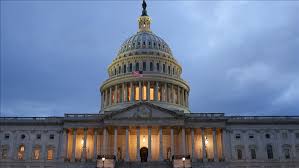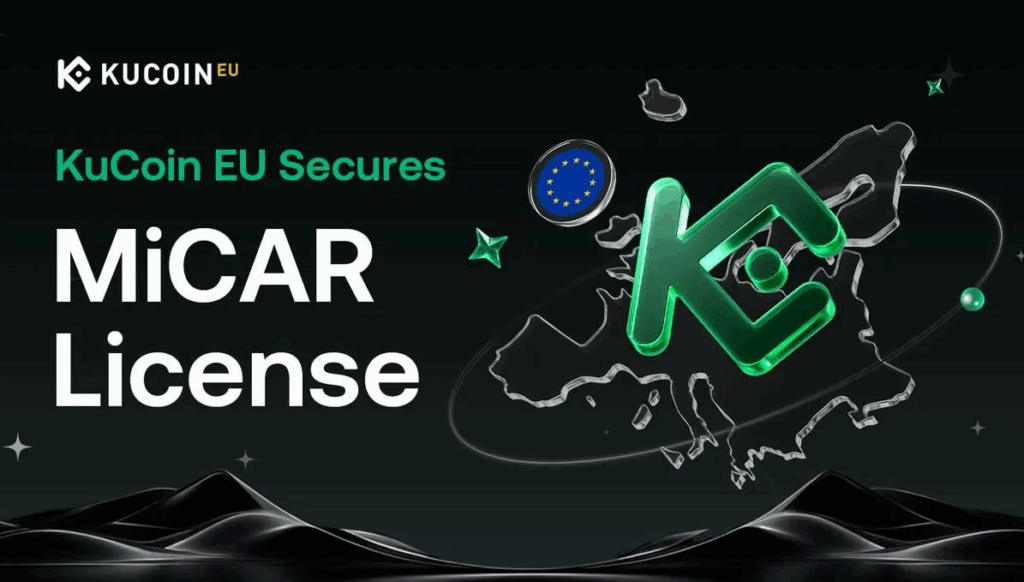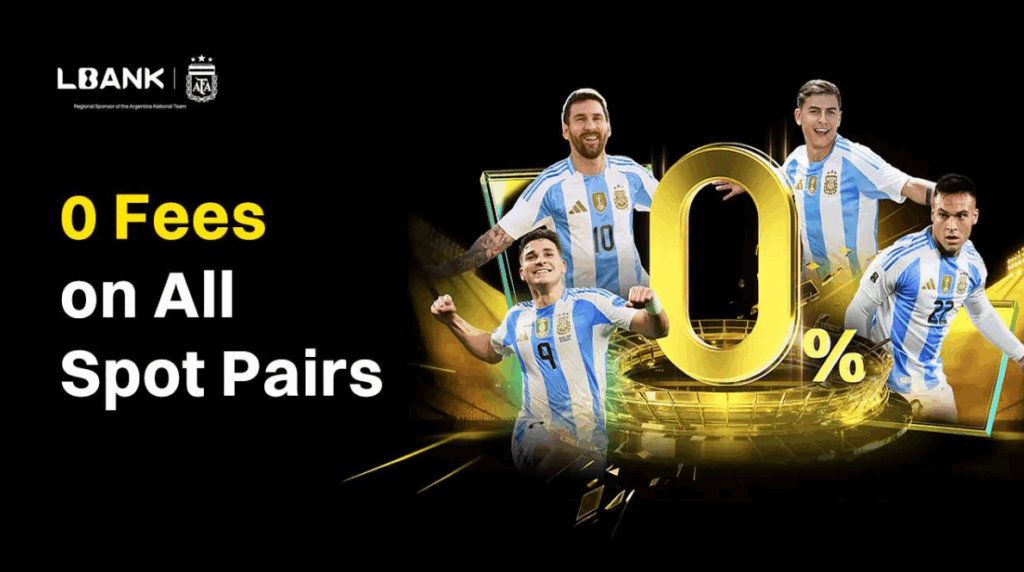The US Financial Services House Committee convened a hearing to discuss the possibilities of tokenization of real-world assets (RWA) and derivative products, with a specific emphasis on the need for additional regulations.
The key participants were Carlos Domingo, who is the Co-founder and CEO of Securitize, and Robert Morgan, who serves as the CEO of the USDF Consortium. Lilya Tessler and Nadine Chakar, who are professionals in the financial field, shared their perspectives. Prof. Hilary Allen, a faculty member of American University Washington College of Law, provided a scholarly perspective.
Throughout the discussion, witnesses and politicians expressed divergent perspectives on tokenization. French Hill highlighted the possibility of merging conventional banking with blockchain technology, ensuring enhanced effectiveness and reduced expenses.
Lilya Tessler emphasized the use of blockchain technology to enhance processes via the programmability and liquidity of digital assets. Robert Morgan explored the potential of distributed ledger technology to eliminate isolated systems in the financial sector, facilitating immediate cooperation across financial organizations.
Nadine Chakar expressed her support for the concept, emphasizing the need of having interoperable infrastructures that include compliance measures.
Nevertheless, Congressman Brad Sherman and Professor Hilary Allen expressed apprehensions over regulatory supervision and the stability of the financial system. Sherman questioned if tokenization may circumvent existing restrictions, while Allen critiqued public permissionless blockchains for their inefficiencies and operational challenges.
The session emphasized the continuing discussion over the role of blockchain in conventional finance. Potential legislative clarification might facilitate greater use of tokenization, particularly in areas such as real estate and securities.
Leading financial institutions such as Citi are actively investigating the possibility of tokenization. Tony McLaughlin anticipates that tokenization has the capacity to change digital currency by overcoming conventional account-based systems and establishing networks of controlled obligations.



